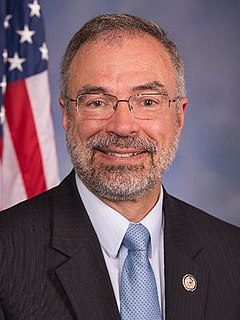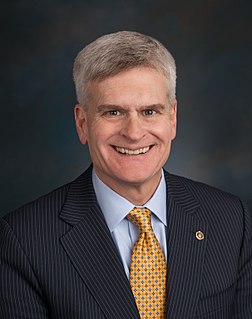A Quote by Atul Gawande
My biggest fear, that 27 percent of Americans under 65 have an existing health condition that, without the protections of the Affordable Care Act, would mean they would - could be automatically excluded from insurance coverage. Before the ACA, they wouldn't have been able to get insurance coverage on the individual market, you know, if you're a freelancer or if you had a small business or the like.
Related Quotes
The Affordable Care Act is a huge problem. [Repealing the ACA is] going to have huge implications. We have millennials that live in Boston that are on their parents' health insurance. The businesses have hired them and have been able to hire more people because they have been able to be on their own health insurance. We have seniors in our city who have preexisting conditions, or something called a "donut hole," which is a prescription drug [gap] in Medicare. Whatever changes they make could have detrimental effects on people's health care, but also on the economy.
We have health insurance companies playing a major role in the provision of healthcare, both to the employed whose employers provide health insurance, and to those who are working but on their own are not able to afford it and their employers either don't provide it, or don't provide it at an affordable price. We are still struggling. We've made a lot of progress. Ten million Americans now have insurance who didn't have it before the Affordable Care Act, and that is a great step forward.
I moved my business to Mobile Insurance because they simply understand my business better than any other insurance agency. My prior agent didn't really understand my coverage. Mobile Insurance President Kurt Kelley came in and was able to explain those coverage issues in detail to me and my legal counsel. He also saved us money and found us better coverage.
I think one of the lessons we should have learned from what's happened with the current plan is that there is insurance coverage, but there is not really, many times, access to health care. If you have these high deductibles, there is every - there is a disincentive to get the policy, because you would have to pay another - I think the average of deductible policies on the individual market.
As a physician and a U.S. senator, I have warned since the very beginning about many troubling aspects of Mr. Obama's unprecedented health-insurance mandate. Not only does he believe he can order you to buy insurance, the president also incorrectly equates health insurance coverage with medical care.




































